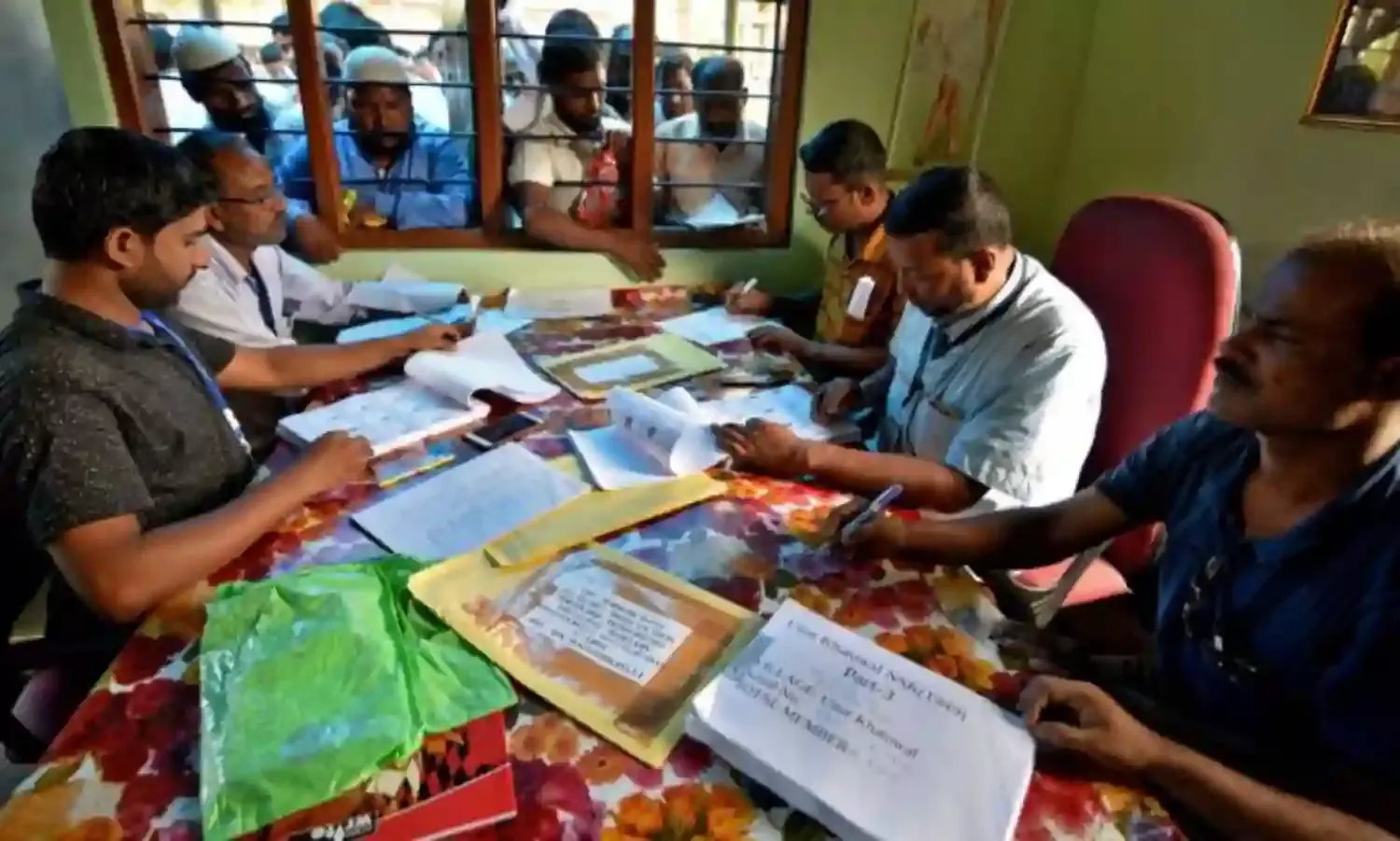Suicides over the NRC – Trend Analysis
Over 60 documented deaths in Assam alone

Fayjal Hoque, a 42 year old man, allegedly died by suicide in his home on February 3, in Kodomtola, Barpeta district, Assam. Hoque, an urban labourer, leaves behind two daughters aged 12 and 7, and his wife.
“He was unable to cope with the anguish and anxiety related to the National Register of Citizens,” says Majidul Islam, a volunteer with the rights organisation Citizens for Justice and Peace.
The process of tracing your ancestry to be recognised by the NRC is itself traumatic. As of July 2019 it had led to more than 60 deaths, including of minors, in Assam alone. The CJP documented these deaths, which it found were caused by frustration, anxiety, helplessness about the NRC process, fear of detention camps – and some “deaths in mysterious circumstances” in detention centres in Assam.
The government had consigned Hoque to the “D–voter” (dubious or doubtful) category, disenfranchising him due to a lack of proper citizenship credentials as determined by the Foreigners Act in Assam. D–voters are denied an elector’s photo identity card.
Several foreigners’ tribunals have been set up in Assam since the 1980s, purportedly to identify “doubtful voters” and deport them “back” to another country.
“It is a strategy to wipe out the presence of representatives of religious minorities in the state assembly. The rise in the number of deaths due to social exclusion speaks for the same,” says Dewan Siraj, who hails from Howly town in Barpeta.
In November 2018, Samsul Haque, a 46 year old resident of Barpeta killed himself due to the arduous process of tracing and documenting his family history. The significant rise in the number of suicides since a draft of the Assam NRC was published in August 2018 is a direct outcome of stress and trauma over the anticipated loss of one’s citizenship.
The government of India categorises such deaths as “unnatural”. Suicide prevention measures like reducing social exclusion and disintegration are reportedly being considered, but it lacks proper evidence to relate it with the NRC exercise in Assam.
“NRC harmed the social equilibrium of Assam. It carries the potential to create a communal disturbance in all India. The socio-lingual and cultural harmony of Assam has been put to threat,” Siraj adds.
According to Ashirbaad Bhowmik, a university gold medallist and an active speaker, “The situation in Assam is drastic; it has now come to Assamese versus Bengalis because of the stigma around the Brahmaputra and Barak valleys. NRC-CAA has divided us and utterly destroyed us. While the rest of India fights or supports the cause, my Assam will never be the same.”
The internal division or sentimental shift between Assamese and ethnic Bengali Muslims has heated up after the NRC was performed, as evident from the Brahmaputra and Barak valley dispute. The language sensitivity of the Bengali-speaking majority in the Barak valley, and Assamese in Brahmaputra, has seen movements like the 1961 Language Movement and the Assam Agitation from 1979-85.
With many ethnic Bengali Hindus and Muslims choosing death over life due to the tremendous mental pressure of being excluded from the NRC or from the strenuous process of proving their citizen status. It is a failure of the government’s Mental Healthcare Act, 2017 and a flagrant abuse of human, civil and political rights.
Most of those who have died in Assam are illiterate, uneducated and impoverished, unable to cope with legal procedures inside the courts. Each session reportedly costs about ₹40,000, which is unaffordable for peasants or workers. Loans and high interest rates are creating a tragedy across generations as they will have to pay the fees, and repay the money borrowed with little or no collateral.
A republic of 270 million destitute, 350 million illiterate, and some 2 million homeless, experiencing floods, droughts and earthquakes every year, will be required to submit documents stretching back to the 1970s in what seems like a deliberate attempt to push them towards death.
Pan-India implementation of the NRC could be catastrophic for the entire country, especially for the ethnic minority.



